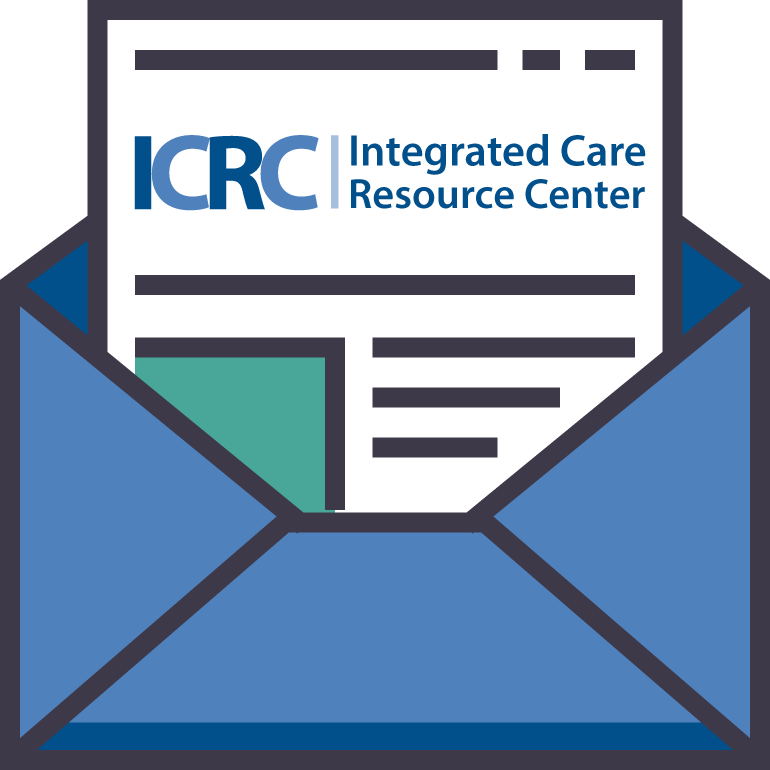Helping states develop integrated programs for individuals who are dually eligible for Medicare and Medicaid
Latest Resources
Technical Assistance Tool | June 2025
Brief | May 2025
Technical Assistance Tool | April 2025
Key Upcoming Dates
There are no upcoming events scheduled.







